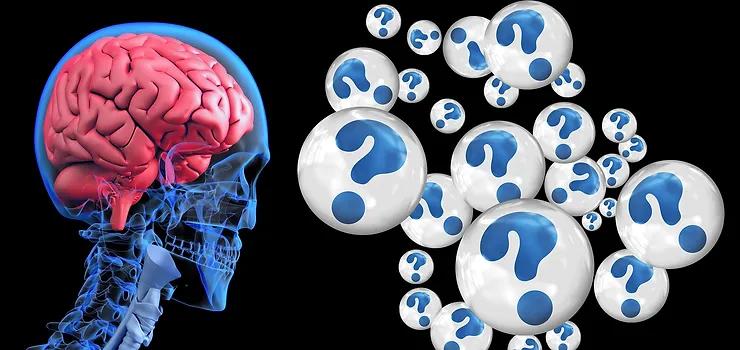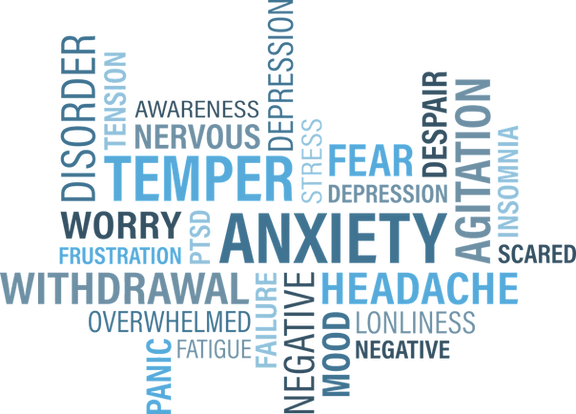Concussion FAQs
What is a concussion?
A type of traumatic brain injury caused by a bump, blow, or jolt to the head or body that causes the brain to move abruptly inside of the skull, this can impair normal brain (physical, emotional and mental) function. A concussion may be described as a "mild" brain injury because concussions are usually not life threatening; however, mismanaged brain injuries can lead to permanent damage or even death.
Is a concussion obvious right away?
Symptoms may take minutes, hours, or even days to appear. Concussions are highly individualized injuries and your experiences and recovery may be very different from someone else's. The above "post concussive" symptoms can be part of the normal healing process and are not signs of permanent damage.
What are concussion symptoms?
Symptoms experienced by an individual may include any degree of the following:
- Headache
- Confusion
- Drowsiness
- Irritability
- More emotional
- Foggy or groggy
- Difficulty remembering
- 'Pressure in head"
- Nausea or vomiting
- Fatigue / low energy
- Difficulty concentrating
- Sensitivity to light or noise
- Neck pain
- Sadness
- "Don't feel right"
- Changes in sleep patterns
- Nervousness or anxiety
- Dizziness or off balance
Is there any way to prevent concussions?
Nothing can prevent a concussion altogether and most people experience at least one concussion in their lifetime. If you sustain a concussion, the most effective way to reduce symptoms and recovery time is to REST. A concussion can affect your ability to preform every day activities at home, in the classroom, at work, and in a sport. Pushing through symptoms will only prolong your recovery, at best.
DOs and DON'Ts following concussion
DO
- Get plenty of rest and sleep
- Drink lots of fluids (no alcohol)
- Eat healthy snacks, your brain needs energy!
- Take Acetaminophen (Tylenol) for pain if needed
- Stay at home and limit activity if on pain medication
- Remember: pain medication only hides symptoms, it does not treat the injury
- Follow Return to Learn and Return to Play guidelines
DON'T
- Go to hot tubs, saunas, or steam rooms
- Drink caffeine, this can exacerbate headaches
- Use any substance not prescribed; alcohol or tobacco
- Push yourself: Daily activities (exercise, homework, etc) can be strenuous with a concussion and excessive activity may extend recovery time



